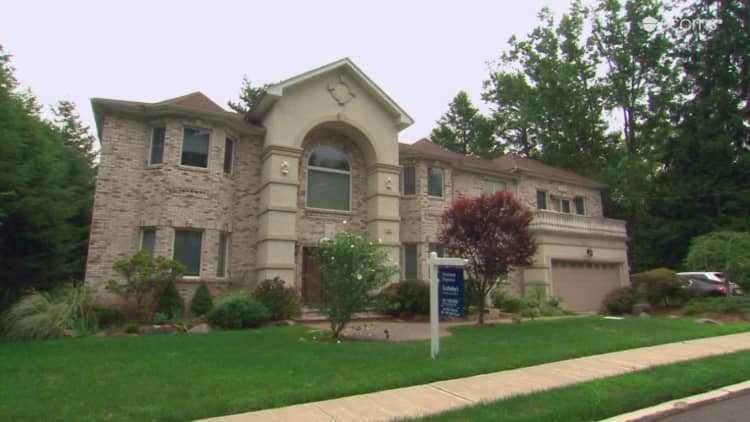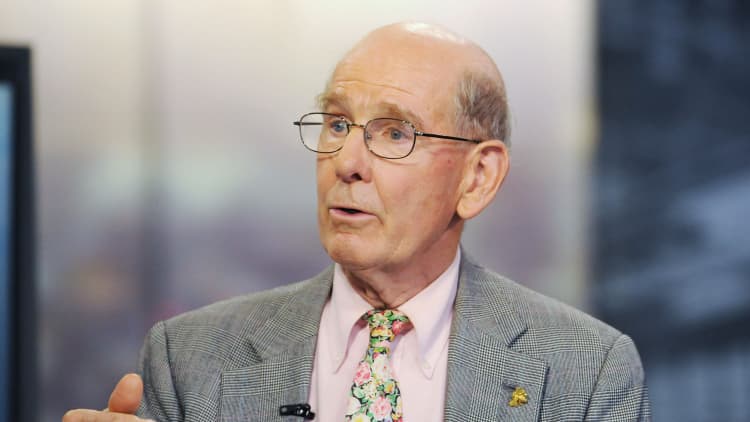The coronavirus pandemic could cause a decline in urban housing prices if employees continue to work from home and forgo city life, according to Nobel Prize-winning economist Robert Shiller.
"I think there's a risk that home prices in urban areas may decline," Shiller said in a CNBC interview.
So far, urban areas have proven to be resilient to price declines during the pandemic. Prices for existing homes across 19 big cities in the U.S. rose 4% in April from a year earlier, according to the S&P CoreLogic Case-Shiller National Home Price Index.
Shiller, co-founder of the index, said the benefits of city living, such as restaurants, museums or theater shows, have been put into question during the pandemic. Amid social distancing restrictions and work-from-home policies, many city dwellers have fled to the suburbs.
Suburban housing could be a better investment for homebuyers given uncertainty around the coronavirus, Shiller added.
"People forget that a lot of the value of homes outside of the central city is in the structure and you can build more of them," he said. "Home prices out of the dense urban setting tend to follow construction costs, and so there shouldn't be any big movement in those prices."

Still, Shiller said it's too early to count out urban areas altogether. He pointed to other periods in history where cities survived societal and technological transformation, such as when the telephone was invented at the end of the 19th century.
"Some people thought then that this was going to be the end of cities but it didn't happen because people still like to get together," he said.
Shiller, who correctly predicted the housing bust in 2007 and 2008, said assets are "highly priced" across major markets, including housing, stocks and bonds. He added that the rapid spike in the unemployment during the pandemic has created heightened uncertainty about the outlook for the economy.
"This is learning by doing. We're experiencing a different kind of world where we're all online and that will change the kind of jobs that we have," he said.







